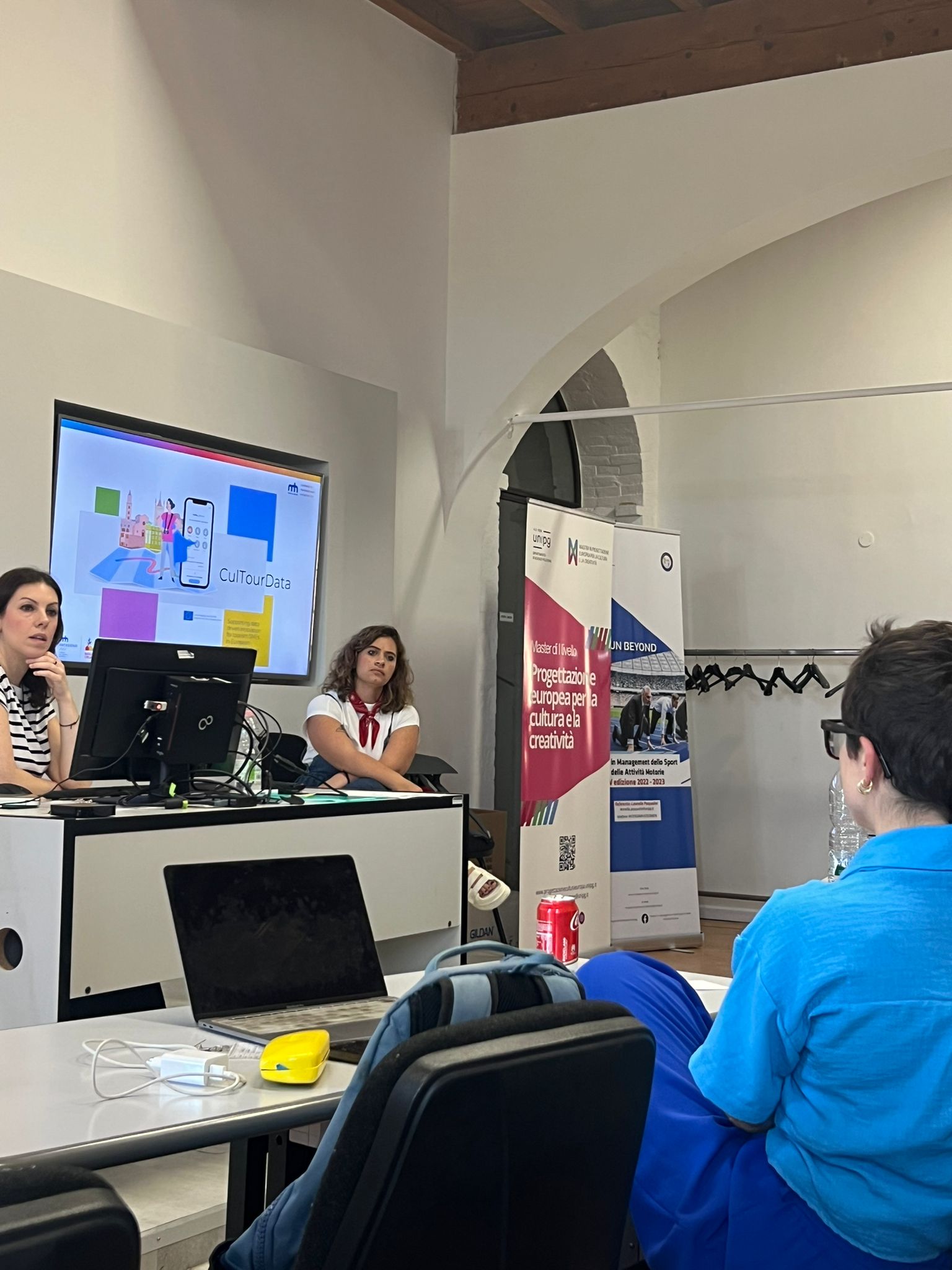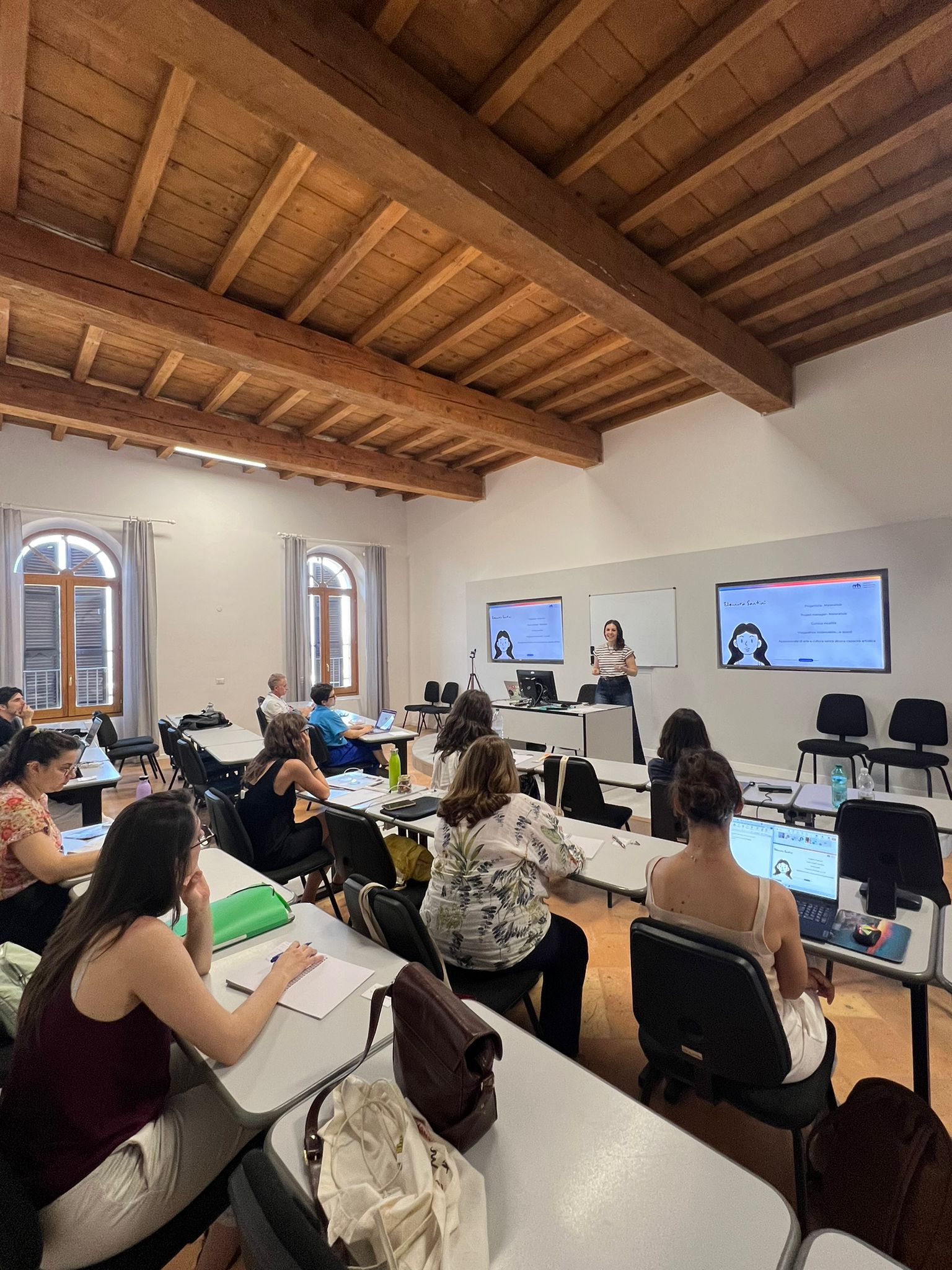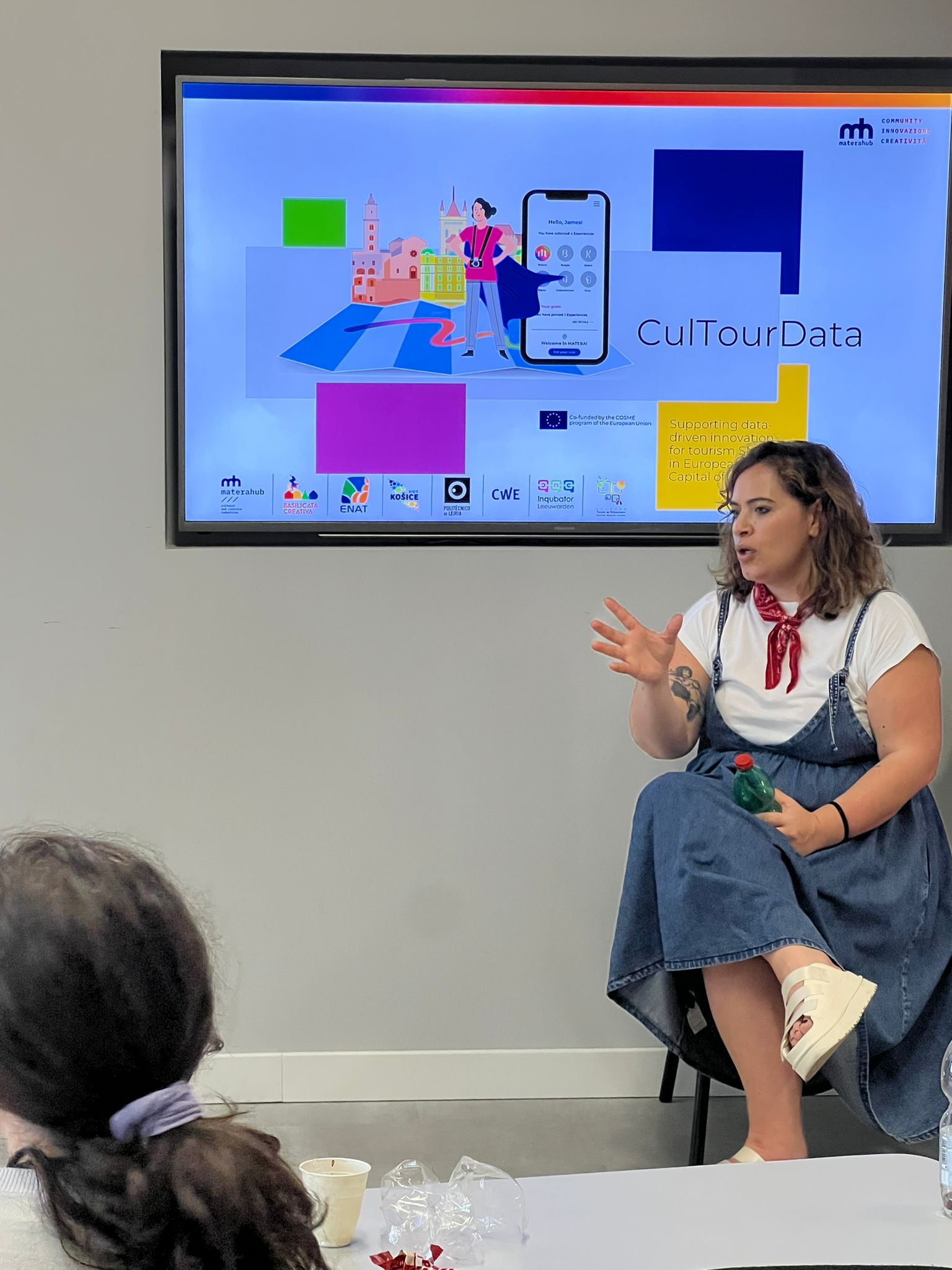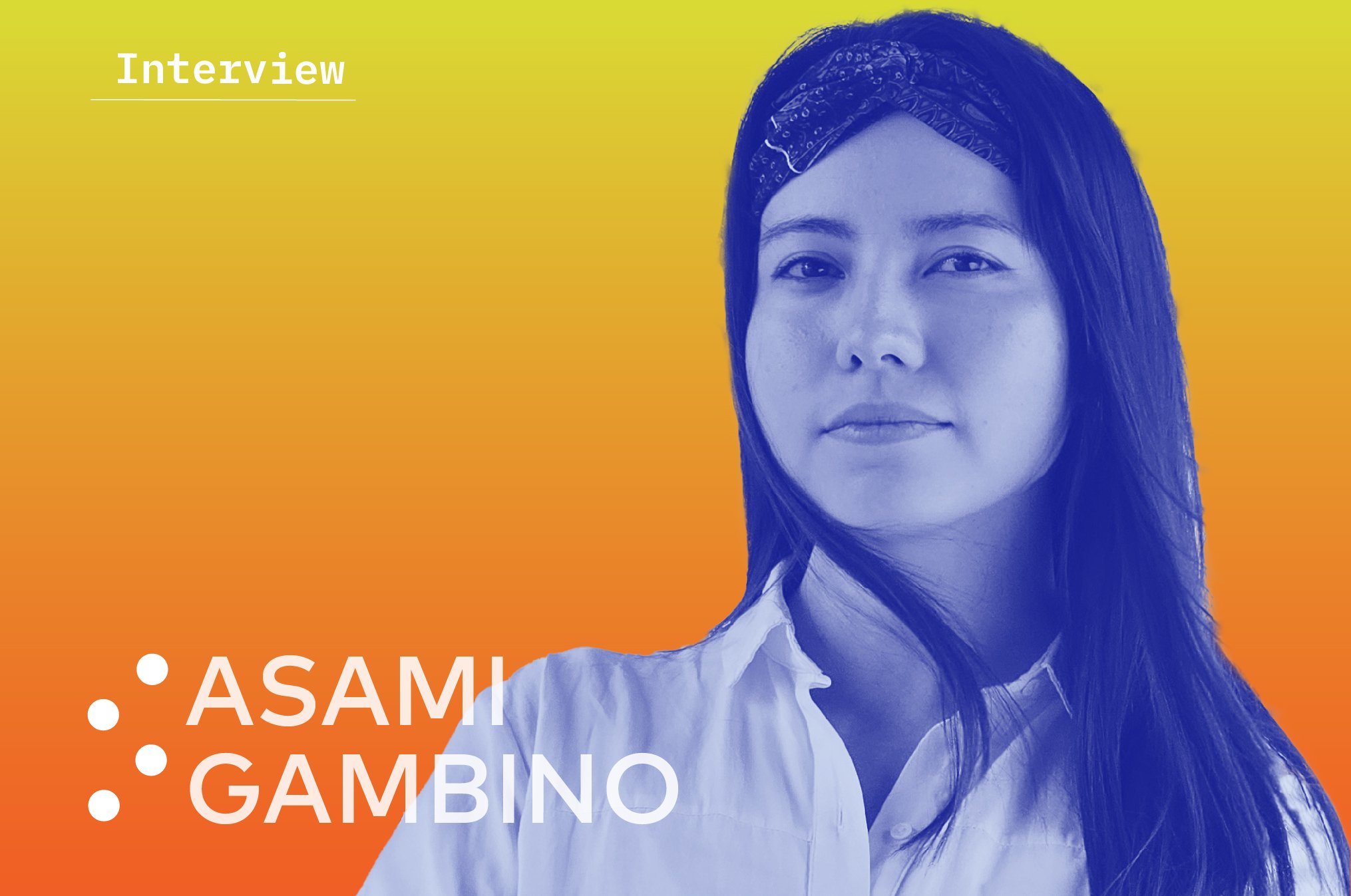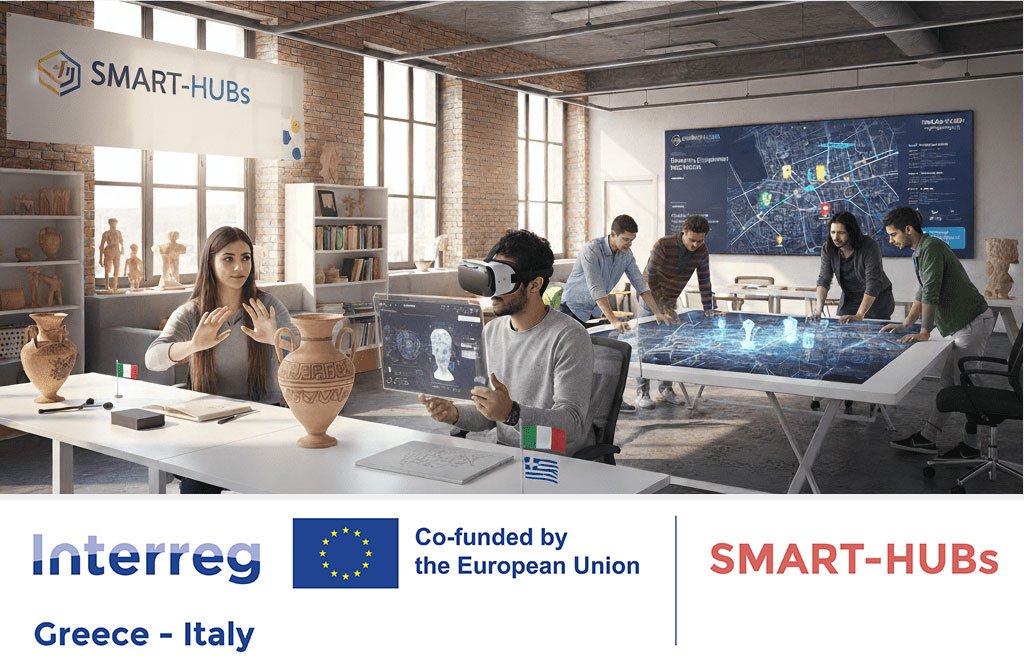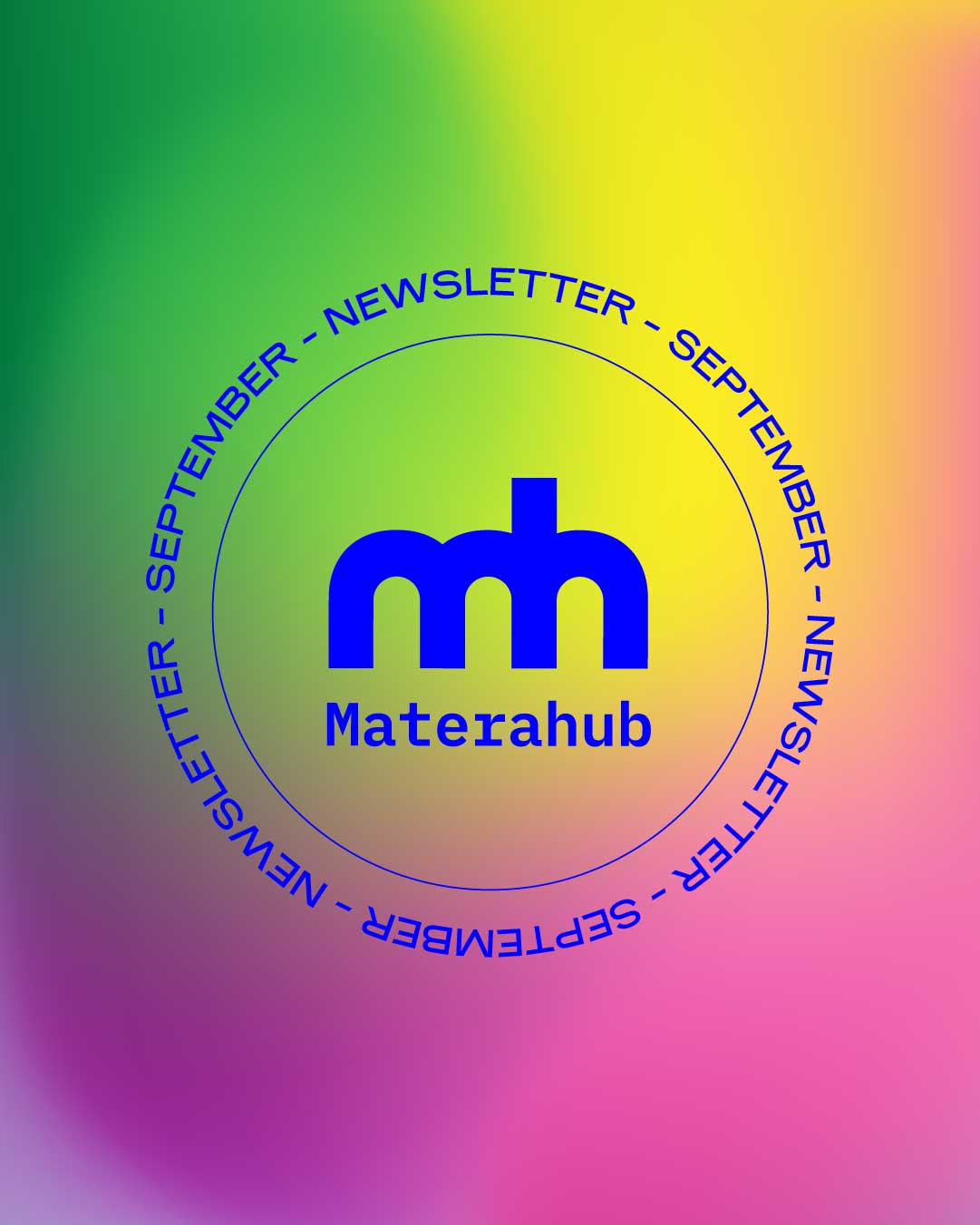Like every year, as the Umbria Jazz programme is released — one of Europe’s most enduring festivals — another familiar call returns: the invitation from the University of Perugia to teach in the Master in European Project Design for Culture and Creativity. Hosted by the Department of Political Science, it has become a recurring moment that, year after year, reignites our energy and sparks new reflections on our work.
Now in its 6th edition, the Master trains professionals to navigate and operate within European project frameworks, with a special focus on the cultural, creative, audiovisual, and multimedia sectors. A learning path where Europe and Culture are not just buzzwords, but deeply connected concepts, merged into a practical, hands-on approach that equips participants with skills in European funding programmes they can apply immediately. And it’s within this space that, year after year, we share the story of how we work in this field.
A way of working that has never been about ticking boxes or filling out forms, but is instead rooted in a clear vision: pushing the boundaries of what’s possible, embracing interdisciplinarity, and building bridges across worlds, sectors, skills, and languages.
Reflecting on Cultural Project Design Today
Each session becomes a kind of public confession, or more fittingly, a shared moment of awareness. A space where we pause to reflect, reminding ourselves and those around us why we do what we do, how we got here, and why we continue with the same passion. Engaging with future project designers, many already active in the field, becomes an opportunity to exchange visions, spark fresh questions, and set ideas back into motion. For us, teaching is also this: rediscovering our “why” through the curious eyes of those who listen.
This dialogue opens the door to sharing not only our current projects, methods, and challenges but also the deeper meaning behind what it truly means to be a cultural project designer today: hybrid characters, part wild experimentation à la Rick Smith, part radical spirit of Burning Man’s ravers, and part strategic precision of suited lobbyists navigating the corridors of Brussels.
And each time we step out of the classroom, we carry with us new questions, fresh inspiration, and above all a renewed conviction that working in cultural project design remains one of the most political and transformative acts we can choose to pursue.



